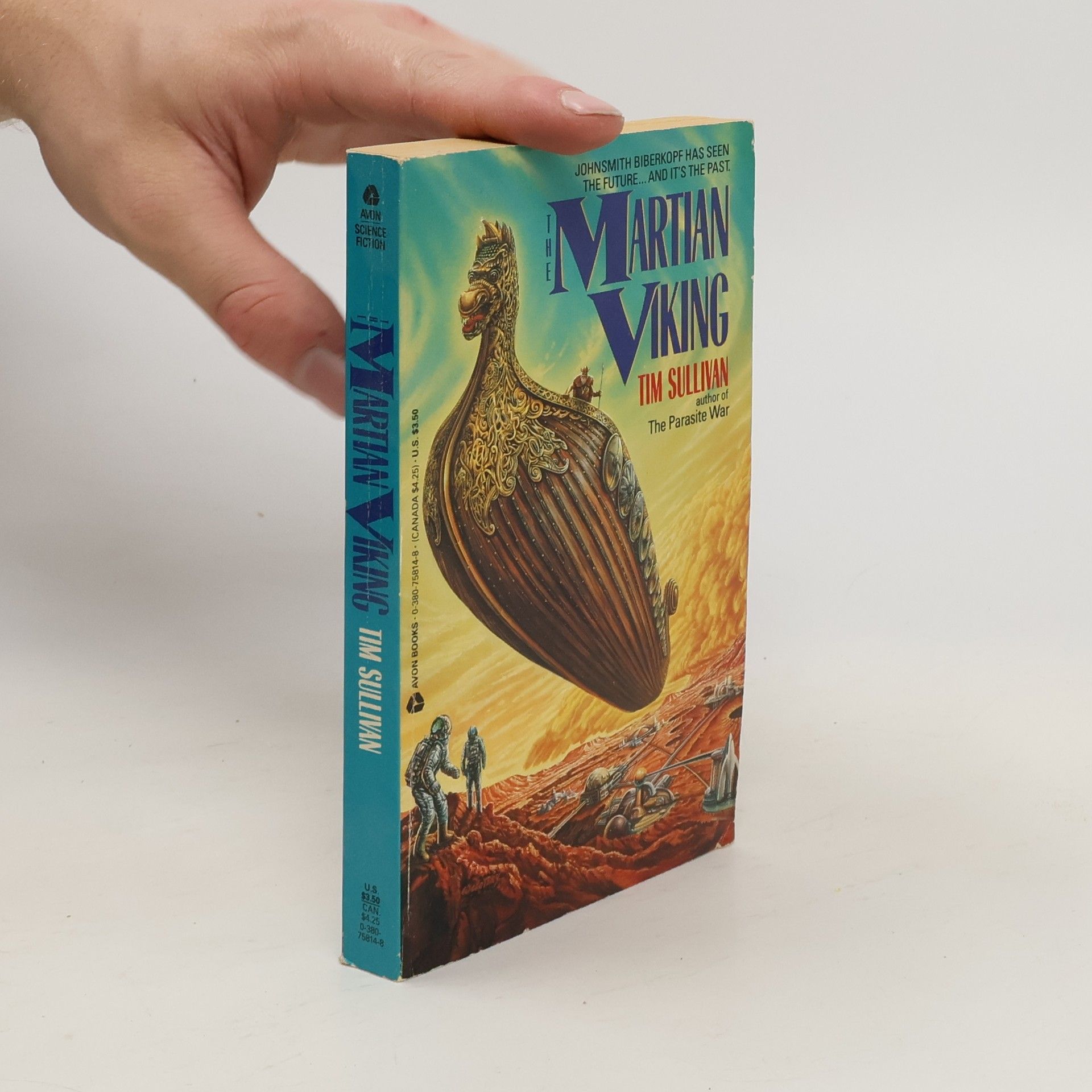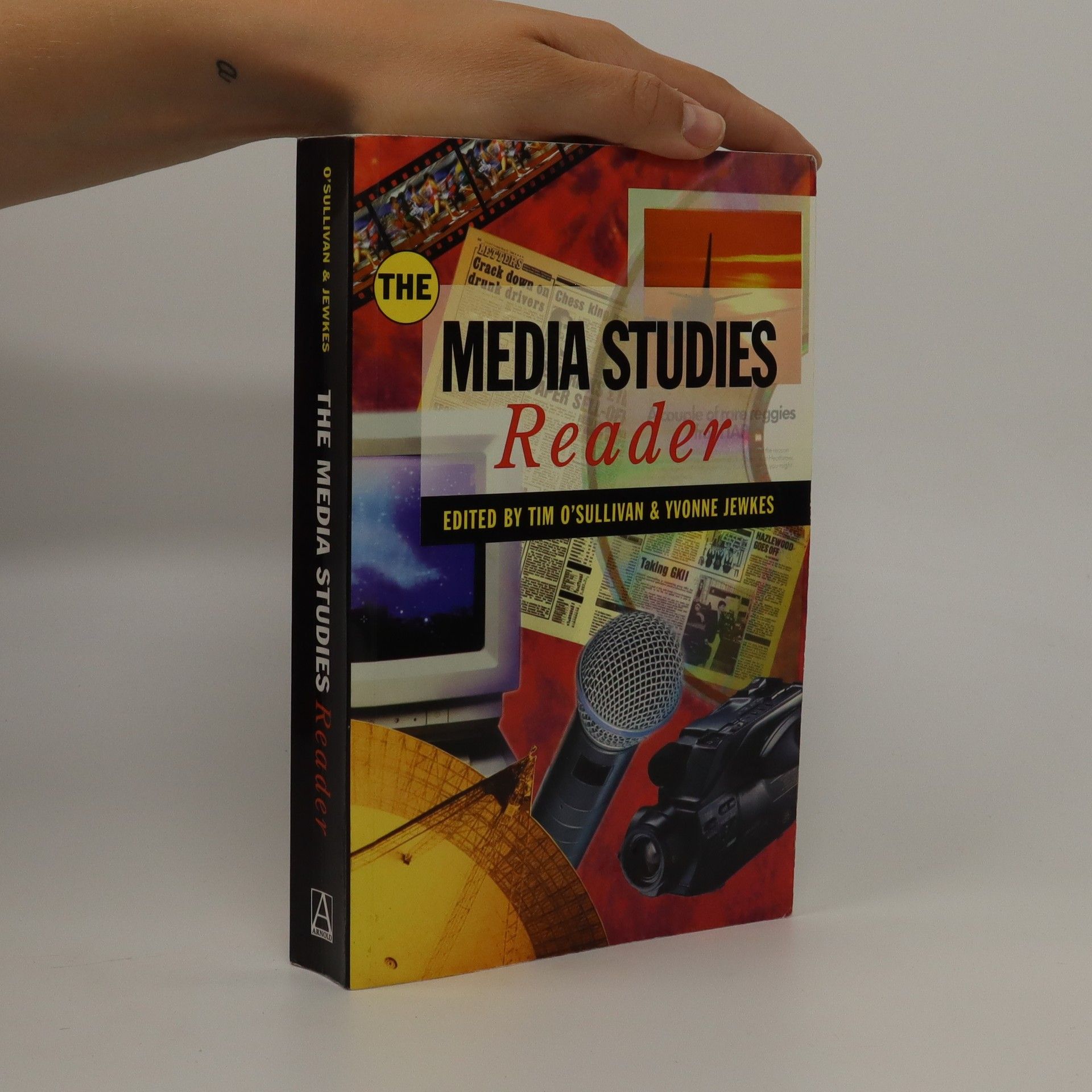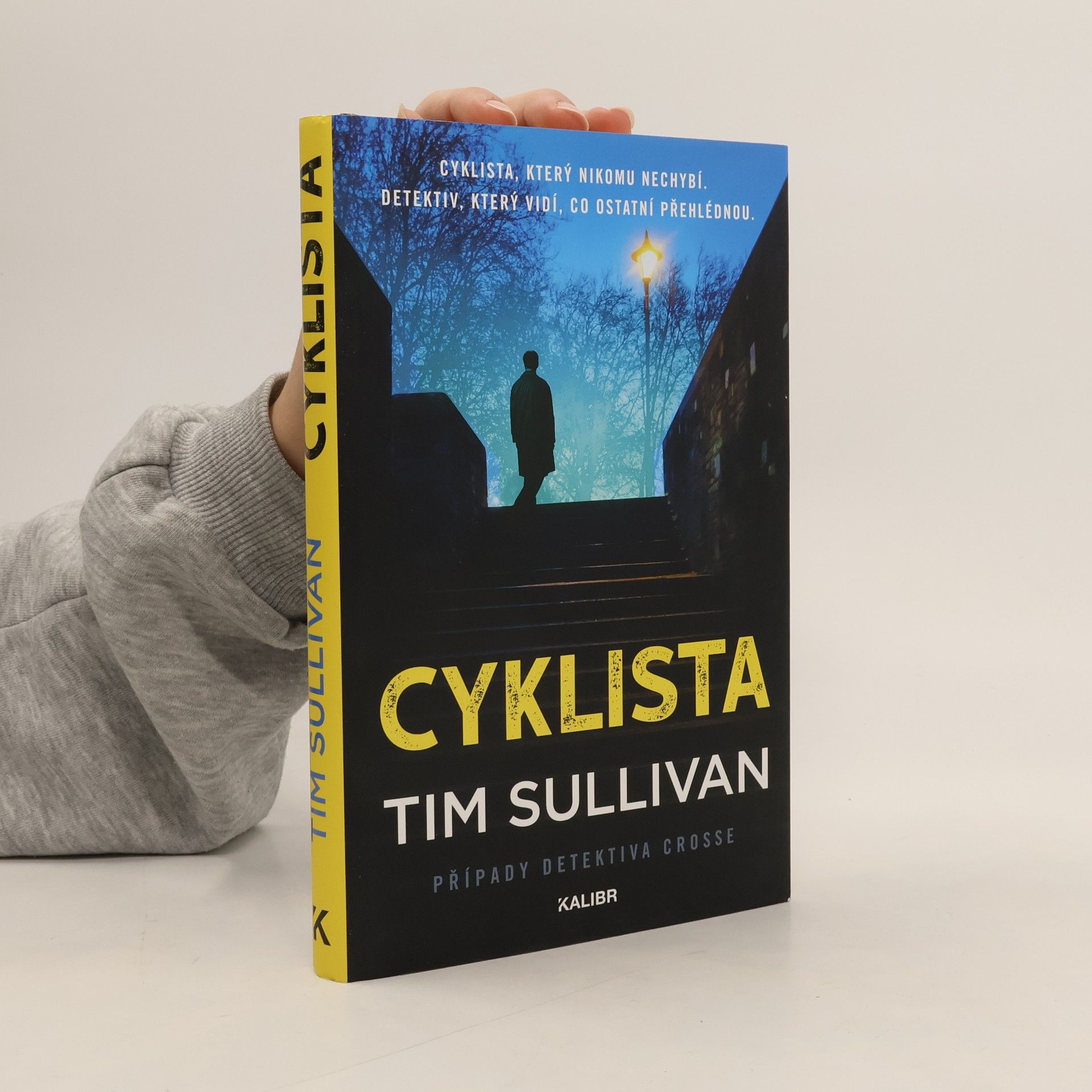Der Kriminalist - Die Sprache der Beweise
- 480 pages
- 17 hours of reading
Keine Fingerabdrücke. Keine Waffe. Keine Zeugen. Kann DS Cross beweisen, dass es Mord war? Als eine junge Frau nach einer Überdosis tot aufgefunden wird, schließt die Bristol Crime Unit schnell auf Suizid. Es war Mord, meint hingegen die Mutter der Toten. Ihre ehemals drogensüchtige Tochter sei seit Jahren clean gewesen. Keiner glaubt ihr – außer DS Cross. Als Autist und Außenseiter fühlt er sich zu Fällen hingezogen, in denen er für Stimmlose eintreten kann. Dank seiner brillanten Art zu ermitteln kann er auch bald einen Kreis verdächtiger Personen ausmachen. Doch unter dem Druck, den Fall einzustellen, wird die Zeit schnell knapp, um die Beweise zu erhalten, die diese trauernde Mutter verdient … Einzigartig authentisch und intelligent: der neue Fall für den beliebten Detective Cross!










